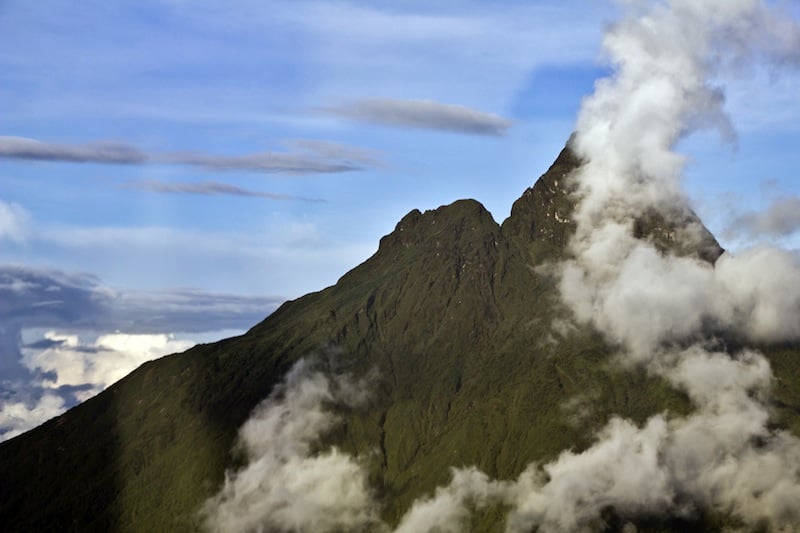The government of the Democratic Republic of Congo (DRC) and Uganda have been told to refrain from granting any new licences, or transfer of licences, in Virunga National Park or seeking to re-draw its boundaries in order to allow oil activities in the area.
DRC-based Jeunesse du Monde République Démocratique, Greenpeace, Global Witness and Rainforest Foundation UK are among over 60 local and international non-governmental organizations calling for the suspension of all oil-related activities in the Greater Virunga National Park.

DRC-based Jeunesse du Monde République Démocratique, Greenpeace, Global Witness and Rainforest Foundation UK are among signatories of the call to suspend all oil-related activities in the Greater Virunga National Park.
Given the outstanding universal value of the wider Virunga area, these NGOs “urge UNESCO and the governments of Uganda and the DRC to prevent any oil exploration, extraction or related activities in Virunga and Queen Elizabeth national parks and Lake Edward and cancel any oil-related licencing in the area indefinitely.”
“UNESCO and the governments of Uganda and the Democratic Republic of Congo (DRC) should reach an agreement to prevent any oil exploration, extraction or related activities in the wider Virunga area which is key to the integrity of the Virunga World Heritage Site. This should include Virunga and Queen Elizabeth national parks and the whole of Lake Edward,” state the NGOs.
Virunga National Park is designated a UNESCO World Heritage Site due to its ‘Outstanding Universal Value’ including a ‘wide diversity of habitats’ and ‘exceptional biodiversity, notably endemic species and rare and globally threatened species such as the mountain gorilla.’ An estimated 200,000 fishermen and local people depend on the lake for their livelihoods and a valuable source of protein. Any oil activities in this area could lead to significant damage to the lake, the broader ecosystem and the people and animals that depend on it. This could include adverse impacts from drilling, road construction, increased population or water pollution. This could include adverse impacts from drilling, road construction, increased population or water pollution.
Last year SOCO International, a UK registered oil company carried out seismic testing on Lake Edward in Virunga National Park, but the company has not yet published the results of its exploration. Following widespread local opposition and a huge international outcry, SOCO International committed to no further involvement in its oil block in Virunga and has since announced that it no longer owns the licence but did not provide further details.
The Uganda government is currently considering allocating a new oil exploration licence for the Ngaji block which covers the Ugandan side of Lake Edward and parts of Queen Elizabeth National Park. The NGOs argue that “this area borders directly with the Virunga World Heritage Site and forms part of the same continuous ecosystem. Allowing oil drilling puts the area at risk and is inconsistent with UNESCO World Heritage status which both governments have an obligation to protect under the UNESCO World Heritage Convention.”
Value Natural Beauty
With a deep in global oil prices, the NGOs argue that, Uganda’s oil is far from commercially viable.
“Given the tourism potential of the area, and the fact that Uganda’s oil is far from commercially viable at current world oil prices, the wider Virunga area could be worth a lot more to both countries as an area of outstanding natural beauty and source of critical ecosystem services than as an oil testing ground. Queen Elizabeth National Park, responsible for a third of all visits to Uganda’s national parks, is a major draw for international tourists who contribute to around 8% of Uganda’s GDP – this is likely to be comparable to Uganda’s entire oil sector. Oil exploration in the park is likely to lead to a significant fall in visitor numbers in what is an internationally competitive and notoriously fickle market.”
The Ugandan government has already authorized oil activities in Murchison Falls National Park but it is yet to know what the impacts will be on tourism, the environment or local people as production has not yet started.
